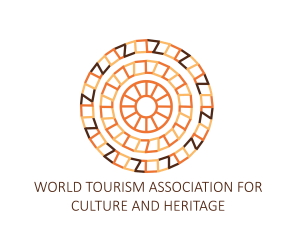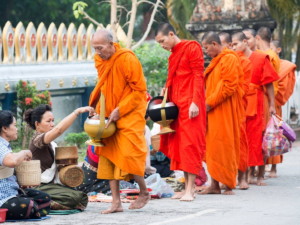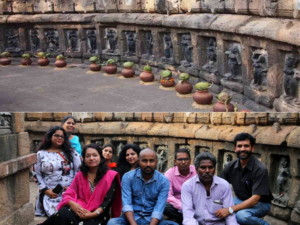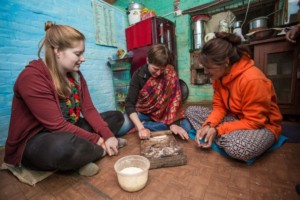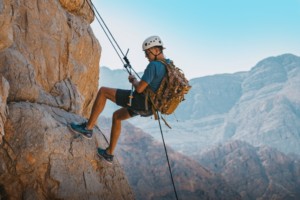Balancing tourism development with care for cultural heritage in Ras Al Khaimah
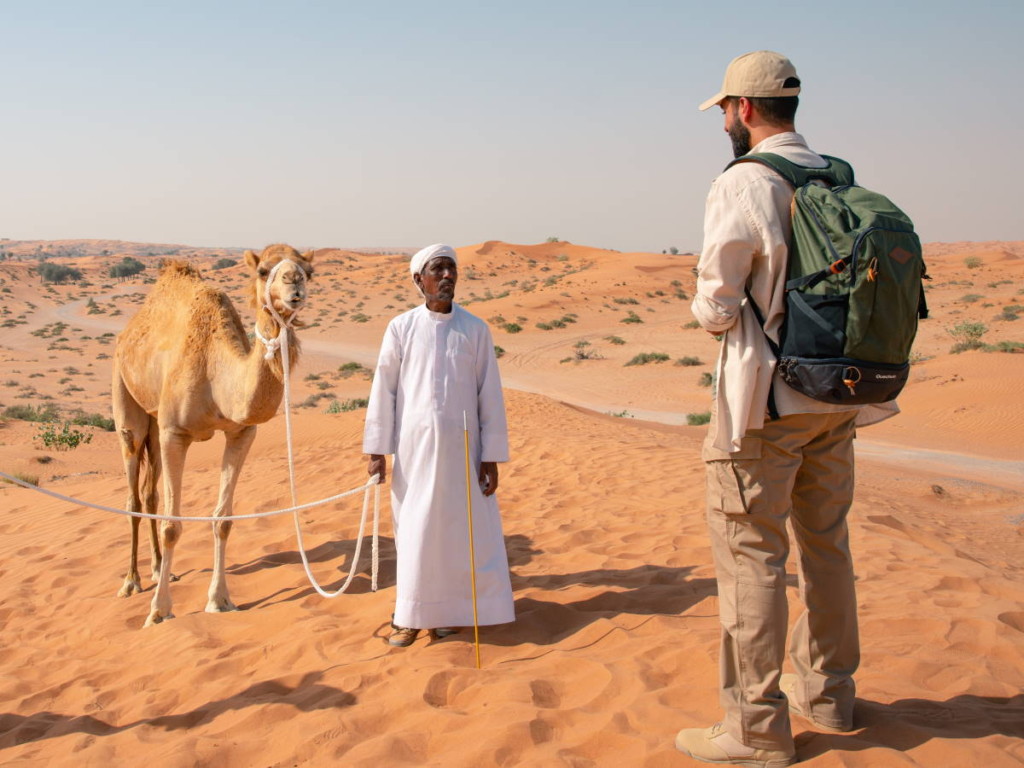
What are tourism officials in the United Arab Emirates’ northern-most member doing to leverage and protect the cultural heritage of 7,000 years of history?
Raki Phillips, CEO of Ras Al Khaimah Tourism Development Authority, lets us know.
It’s a “Good Tourism” Insight. [Thanks to “GT” Insight Partner the World Tourism Association for Culture and Heritage (WTACH) for inviting Raki to write this, his second, “GT” Insight. You too can write a “GT” Insight.]
Tourism is one of the largest, most dynamic, and fastest developing economic sectors in the world. It creates employment, contributes to GDP growth, attracts investment, and enhances the quality of life. For these reasons, it is a central pillar of Ras Al Khaimah’s economic growth and diversification strategy.
At the Ras Al Khaimah Tourism Development Authority we want to make sure that we not only develop the Emirate but also showcase its rich history and culture, which is also what I want to focus on in this “Good Tourism” Insight.
Don’t miss other “GT” posts tagged with
“Culture, cultural heritage, & history”
As the northern-most emirate in the United Arab Emirates (UAE), Ras Al Khaimah is one of the most diverse and the fastest growing destinations in the region. This is thanks to our stunning surroundings, stretching from pristine beaches and lush mangroves to rolling terracotta desert dunes and beautiful Hajar mountains, including the highest mountain in the UAE, Jebel Jais.
Equally we have an incredible history dating back more than 7,000 years to the Bronze Age. This makes the Emirate one of the oldest continuously inhabited regions in the world. It’s home to three Arabian tribal traditions that thrived across coastal, mountain, and desert landscapes which can still be experienced today.
As defined by UNWTO, “cultural tourism” is centred on cultural attractions and products. It is one of the fastest-growing segments of the tourism industry, accounting for an estimated 40% of all tourism worldwide.
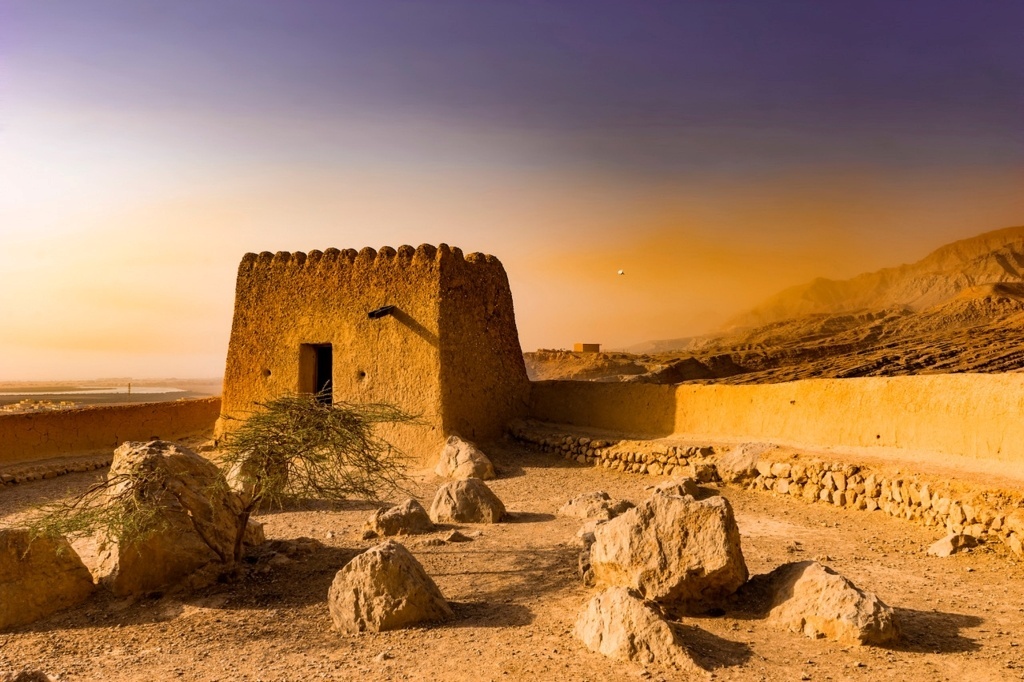
Here in Ras Al Khaimah, we have made concerted efforts to sustainably develop our tourism sector through cultural tourism. This has led to not only the protection of our natural and cultural heritage, but also new job creation and the regeneration of rural and urban areas as well.
With the incredible rate of development and rapid urbanisation that has transformed the UAE in the space of a single generation, it can be easy to overlook the original Emirati communities who were the founders of this great nation.
We ensure that visitors can enjoy an authentic and easily accessible Arabian experience that reflects the rich history of our nation, and thus we have worked hard to deliver an enriching and enlightening journey of exploration.
Cultural heritage challenges met with co-operation
One of the challenges of developing heritage tourism products is ensuring that truly authentic experiences are delivered while preserving the culture and rich history, and without commoditising or appropriating traditional practices.
This is why we work extremely closely with the Department of Antiquities and Museums as well as leading archaeological experts and tribal representatives to ensure that the unique traditions and cultures of Ras Al Khaimah’s mountain, desert, and coastal tribes are protected.
Our cultural sustainability projects include the three-phased restoration program at Al Jazirah Al Hamra, with the aim to preserve the history while making it accessible for visitors to learn first-hand accounts of the local culture.
Four of our historical sites have also been included in UNESCO’s tentative list of World Heritage Sites: Al Jazirah Al Hamra, Julfar, Shimal, and Dhayah Fort.
This has played an important role in helping to retain more than 5,000 years of the region’s history within these sites. To showcase this to visitors we have launched a bespoke tour of the key archaeological sites.
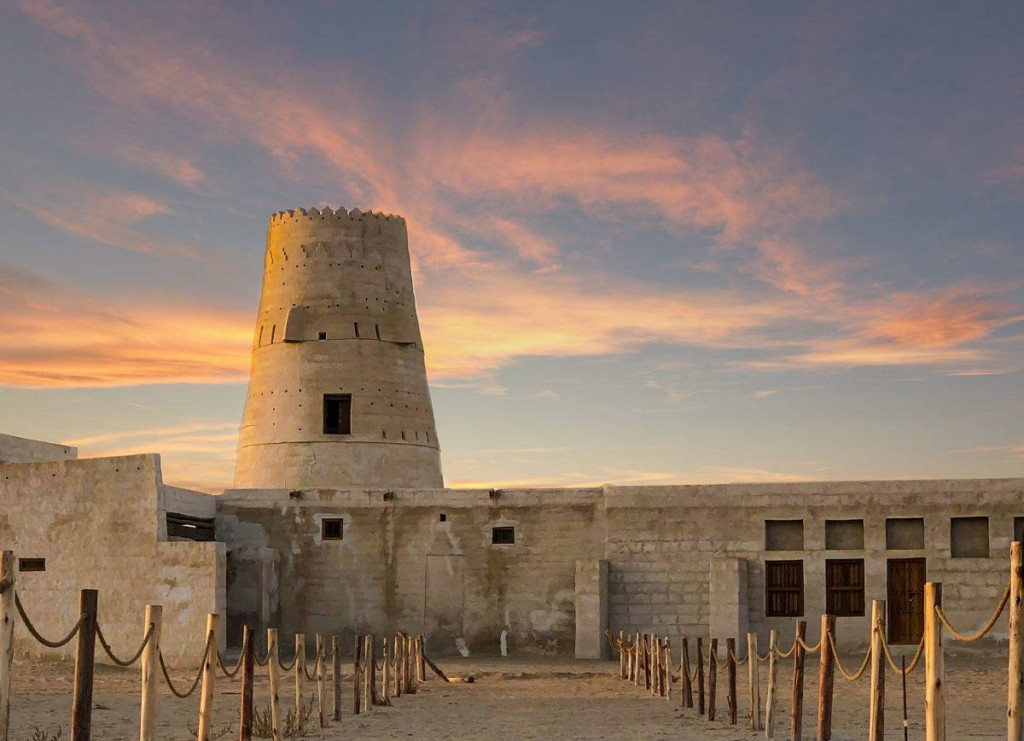
… and a respect for the land
In the context of the fastest growing destination in the region, we also face the challenge of striking a balance between launching new attractions, hotels, and experiences and protecting the Emirate’s greatest asset: its stunning nature and topography.
In our efforts to preserve our natural attractions and spread awareness of the importance of conservation-related tourism we have introduced several sustainable experiences and initiatives.
We work with EarthCheck, the global sustainable tourism experts, to co-create genuine sustainable practices that preserve local history, culture, and traditions.
Examples of this include tourism area clean-ups for Jebel Jais, Rams Harbor, and Wadi Showka; increased recycling practices; reduced food wastage and water and energy consumption across all hotels; and the launch of the Green Public Procurement program to support the adoption of sustainable sourcing policies.
Also see Raki Phillip’s first “GT” Insight
“Sustainable tourism’s endless balancing act”
Looking ahead at our development strategy, we have invested half a billion dirhams (~USD 136 million) to develop sustainable tourism projects in the Emirate, underlined by our philosophy to promote an understanding of the rich culture and aesthetic natural environment of Ras Al Khaimah.
All of this contributes to our goal in becoming the regional leader in sustainable tourism by 2025 and our commitment to conscious growth to protect the environment and culture for future generations.
What do you think? Share a short anecdote or comment below. Or write a “GT” Insight. The “Good Tourism” Blog welcomes diversity of opinion and perspective on travel & tourism because travel & tourism is everyone’s business.
Featured image (top of post): Ras Al Khaimah arab guide with camel. Source: Ras Al Khaimah Tourism Development Authority.
About the author
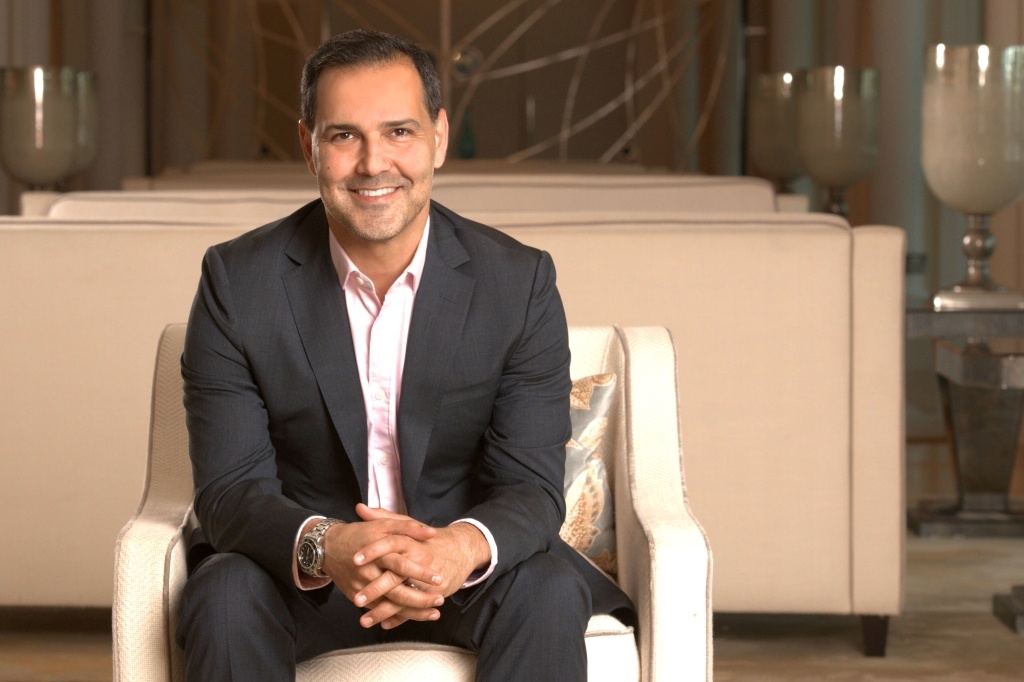
An American national and a fluent Arabic speaker, Raki Phillips has a great understanding of the Middle East having worked there since 2005.
As CEO of Ras Al Khaimah Tourism Development Authority (RAKTDA), Raki is responsible for the continued growth of the Emirate as a world-class destination for leisure and business travel. This includes collaborating with key partners on branding, standards, infrastructure development, and investment opportunities. The RAKTDA boss is also tasked with ensuring tourism’s contribution to the economic and social prosperity of Ras Al Khaimah and the quality of life for all its residents.
With more than 20 years of experience with some of the world’s most renowned hospitality brands, Raki has been recognised by Hotelier Middle East as one of the “Top 20 Most Powerful Arab Hoteliers”.
Raki’s previous role with International Hospitality Consulting Group, saw him develop hotel project pipelines exceeding US$ 5 billion in assets, and negotiate multi-million-dollar hotel deals for luxury brands in more than 25 markets.
Raki Phillips holds a Bachelor of Science in Business Administration from the University of Central Florida, and a MBA in Organizational Management from the University of Phoenix, Arizona.
Thanks to “GT” Insight Partner the World Tourism Association for Culture and Heritage (WTACH) for inviting Raki to write this, his second, “GT” Insight.


